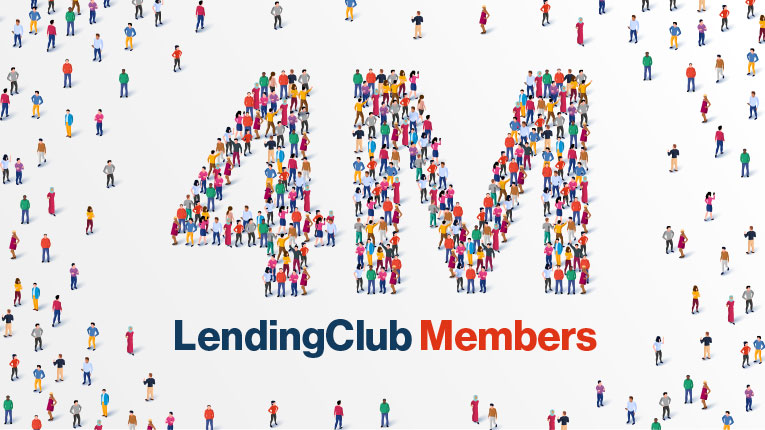{noun} A particular brand of credit score calculated by the Fair Isaac Corporation (FICO).
FICO Score
What Is a FICO Score?
A FICOScore is a particular brand of credit score calculated by the Fair Issac Corporation (FICO) that is a prediction of your credit behavior, such as how likely you are to repay a loan on time, based on information collected by credit reporting companies. While other companies also have their own credit scoring models, FICO was a pioneer in developing a method for calculating credit scores and, today, many lenders use FICO Scores when deciding whether to offer you credit, such as for a loan or credit card. Banks may also use FICO Scores when approving deposit account applications, such as checking and savings accounts, and setting the terms of those accounts. FICO Scores range from 300-850.
How Does Your FICO Score Work?
Like all credit scores, FICO Scores can change depending on your credit behavior as reflected in the contents of your credit reports. Generally, a higher score makes it easier to be approved for credit and may help you get a better interest rate and term.
Given that the credit data collected by the three major credit reporting companies (Experian, Equifax, and TransUnion) can be different, your FICO Scores may also differ depending on which agency’s data is used to calculate it. FICO also has different variations of its basic scoring model tailored to different types of lenders (for example, home loans or auto loans). So, you could have a few different FICO Scores, even when they’re all calculated from the same credit agency’s data.
Why Is Your FICO Score Important?
FICO Score is one of the credit scores banks, credit unions, and lenders use to evaluate an applicant’s credit behavior. Generally, when you apply for a loan or credit card, a lender will look at your credit report and evaluate one or more of your FICO Scores as an important factor to help determine how likely you are to repay a loan on time.
If your FICO Score is higher, your lender may view you as a lower credit risk, improving your odds of approval in addition to more favorable interest rates and fees. Conversely, a lower FICO Score could mean higher interest rates and fees, or a denial of your credit application.
Because your FICO Score is used frequently in lending decisions, it’s important to review your credit scores before applying for new credit. You can get your FICO score free from myFICO®. Some banks, credit unions, and financial companies may also give customers free access to their FICO Scores.
How Does FICO Score Differ from VantageScore®?
Both FICO and TransUnion’s VantageScore evaluate credit report data and generate scores that range from 300 to 850, however, their models work differently. FICO evaluates five factors, assigning each a percentage weighting when calculating your score:
Payment history (35%)
Total credit used (30%)
Length of credit history (15%)
New credit accounts (10%)
Mix of credit (10%)
The VantageScore model evaluates six factors and assigns them the following weights:
Payment history (41%)
Age and mix of credit accounts (20%)
Amount of credit used (20%)
New credit accounts (11%)
Total balance (6%)
Total available credit (2%)
Besides the scoring factors and weightings, the biggest difference between the FICO Score and VantageScore models is how widely they’re used. While the VantageScore model is available to thousands of lending institutions, many also rely on FICO Scores when making loan decisions. Usually, you won’t know which model a lender will look at when you apply for credit.
What Is the FICO Score Range?
The base FICO Score range is 300-850. FICO subdivides that range into categories that reflect different levels of credit quality:
FICO Score Categories
Poor: <580
Fair: 580-669
Good: 670-739
Very Good: 740-799
Exceptional: 800+
In addition to its base score range, FICO also offers specialized scores, with different score ranges, for use by specific types of lenders. The FICO AutoScore and BankScore use a range of 250-900.
Are There Different Versions of FICO Scores?
Since its introduction in 1989, the base FICO Score has been updated many times, and lenders may use different versions in their processes. The most recent version is FICO Score 10, but the most widely used version is FICO Score 8.
How Can You Improve Your FICO Score?
Like all credit scores, improving your FICO Score requires careful review of the information found in your credit reports from the three major credit reporting companies (Equifax, Experian, and TransUnion).
Review your credit report for inaccuracies such as incorrect account status, accounts listed twice, or inaccurate credit limits. Mistakes can be reported to the credit reporting company, and if found incorrect, can be corrected.
Stay current on your payments. Bring any past due accounts up-to-date and continue making all payments on time every month.
Keep your credit balances to 30% or less of your available credit. For example, high credit card balances can indicate you might be considered a higher credit risk.
Avoid multiple applications for new credit. Applying for too much new credit (hard credit inquiries) in a short period of time could be seen as a sign you’re trying to take on more debt than you can reasonably manage. Opening new credit lowers the average age of your total accounts, which lowers your "length of credit history" and may impact your credit score. Also, once new credit is used, unless it is debt consolidation, it will likely increase the "amount of debt" factor and may also decrease your score.
Maintain a diverse mix of credit accounts.
You May Also Like












